They’re the team taking tracking your cistern.
This public private partnership between the Centers for Disease Control and Prevention, the Virgin Islands Department of Health, and St. John nonprofit Love City Strong are taking water samples of cisterns through the USVI to make sure the quality is safe.
“So asking households if they’re interested in having their cistern water tested as a free service and having those results given back to the households as well,” Gouthami Rao said.
Gouthami Rao is an Environmental and Microbiologist with the Centers for Disease Control and Prevention in the Water Born Disease Prevention Branch. She is one of the leaders of the study being done in both St. Croix in mid-July and now in St. Thomas through mid-August.
“We did conduct a pilot study in February and there was identification of fecile contamination or the presence of E.coli in some of the cistern water so we do have some inclination to believe that there is fecile contamination in these cisterms and were trying to get a better sense of what that spread looks like and how far and how many cisterns have those levels of contamination.”
To do so- the team takes these kits out to the site, knocks on the door and asks for 30 minutes of the homeowner’s time to take a sample of the cistern water. The team says the publics support is vital for their research.
“I’ve been out for the past week we’ve been averaging about three or four, maybe about 15-20 interactions daily,” Cosme Harrison said.
Cosme Harrison works with the Virgin Islands Department of Health doing most of the testing. He focuses on the water testing and getting an idea of what the quality looks like.
“We’re hoping with some of the results from this we can suggest some new recommendations on how to work with the cisterns in the territory we hope based on this we might have some possible recommendations in the future.”
The team says Hurricanes Irma and Maria kicked up some of the contamination in the cisterns, and brought groups like Love City Strong- who was born out of those storms- to get involved.
“You know this conversation started about two years ago with our friends at the CDC when we were at the emergency operations command meetings and they were talking about water potablity and you know cisterns aren’t really considered infrastructure in the territory and that’s problematic because they are these own little micro water systems you have your own WAPA at your house basically and if you don’t manage it, it can be problematic,” Stephen Libby with Love City Strong said.
Libby and other members of LCS GO TEAM are joining the CDC and DOH to go to these homes. The households are already selected in their study but they said the biggest thing they could ask for is that when they knock- you answer.
“We’re working on this to really help with public education and information dissemination and really try to get the word out there on the best practices to use cistern water and there is a lot of mis information out there and we really want to have a cohesive message and that we’re mitigating the strain on our healthcare system. There are a lot of ways people can use their water better, treat it a little better, possibly even filter it a little bit better and it would save them a lot of cost in the long run.”
So if you see this team at your door- don’t be afraid, they’re just your friendly cistern crew, working to make sure your water is as safe as it can be.
